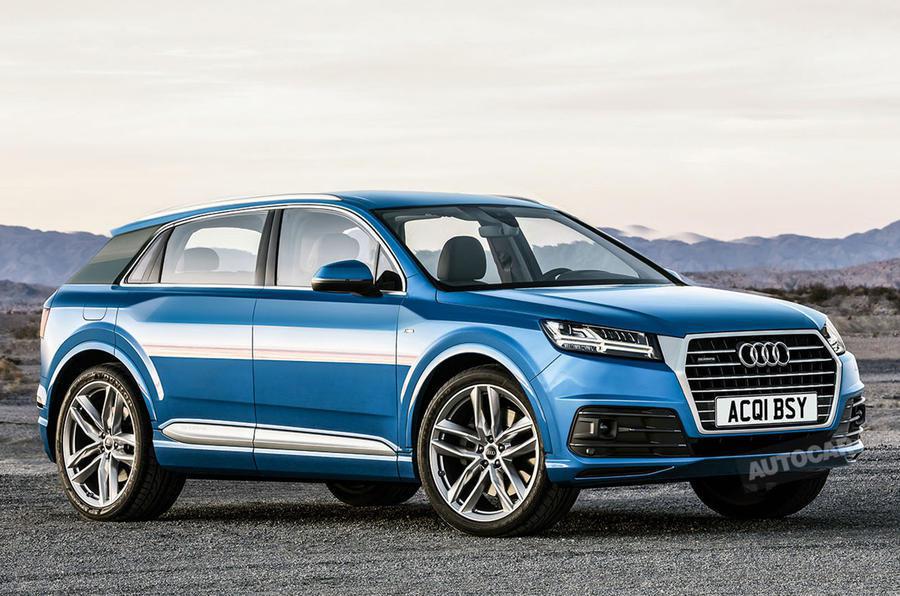
Lower prices lift second-hand car sales 21.6 per cent
Sales of used motor vehicles leaped 21.6 per cent in the very first four months of the year, helped by lower prices that have driven request for the 2nd mitt units.
Data from the Kenya National Bureau of Statistics showcase that 17,794 units of used vehicles were sold in the period compared to 14,633 units a year earlier.
This came as sales of fresh vehicles grew by only Five.6 per cent in the same period to stand at Trio,807 units, deepening the dominance of these vehicles in Kenya where they are preferred for their lower prices.
2nd forearm vehicle dealers say request has been boosted further by lower prices as the Kenya shilling strengthens against the yen —the currency of Japan which supplies most of Kenya’s vehicle imports. Most of the used vehicles sold were passenger cars for private use, the KNBS data showcase.
“Prices of used vehicles have dropped by a range of Sh50,000 to Sh200,000 depending on the model,” said Robert Marete of Toyota Tsusho, which deals in a broad range of used cars. “This has encouraged consumers to buy vehicles for the very first time or upgrade to other models.”
He added that a Toyota NZE model, for example, now sells for an average of Sh950,000 compared to Sh1.1 million last year. A used Toyota Premio now costs an average of Sh1.Two million, down from Sh1.Four million last year.
The lower prices of the vehicles, including Subarus, Toyotas, Nissan, and Mitsubishis are a consequence of the weakening of the Japanese currency against the shilling, causing importers to make significant savings in foreign exchange.
Also Read
Companies Ndeta gets Savannah Cement control stake
Companies Barclays sets aside Sh65m for varsity scholarships
Companies Nakumatt workers’ suspension extended by two more weeks
The shilling presently exchanges at a rate of 0.88 units to the yen and has been gaining steadily since December when the local unit traded at 1.01 units to the the currency. This represents a 13.Trio per cent build up for the shilling, an influence that some used car dealers are passing on to consumers.
The yen is likely to weaken further in the brief term as Japanese Prime Minister Shinzo Abe pursues his policy of a weaker yen to pull Japan out of decades of economic stagnation.
By devaluing its currency, Japan seeks to promote its exports to the world including fresh and used vehicles to African markets.
While fresh vehicle dealers are also benefiting from a stronger shilling, their models cost numerous times that of used imports, leaving formal dealers to concentrate on orders from the government, private companies, and wealthy individuals.
Most of the Kenya’s petite businesses and the middle class choose to buy 2nd arm vehicles, which has seen the used models account for more than eighty per cent of all vehicles sold in the country.
In the four-month period, fresh vehicle sales accounted for 17.6 per cent of the total 21,601 units sold, further losing market share compared to the same period last year when they accounted for Nineteen.7 per cent of the total Legitimate,238 sold units.
The ample appetite for used cars prompted Toyota Tsusho, the parent hard of Toyota Kenya, to establish a separate unit (Toyotsu Auto Mart) last year that deals in a broad range of 2nd forearm brands including Toyota and Subaru.
While the shilling’s gains has sharpened the competitiveness of 2nd palm dealers, the looming introduction of a 1.Five per cent levy on all imports is, however, expected to wipe off some of the exchange rate savings.